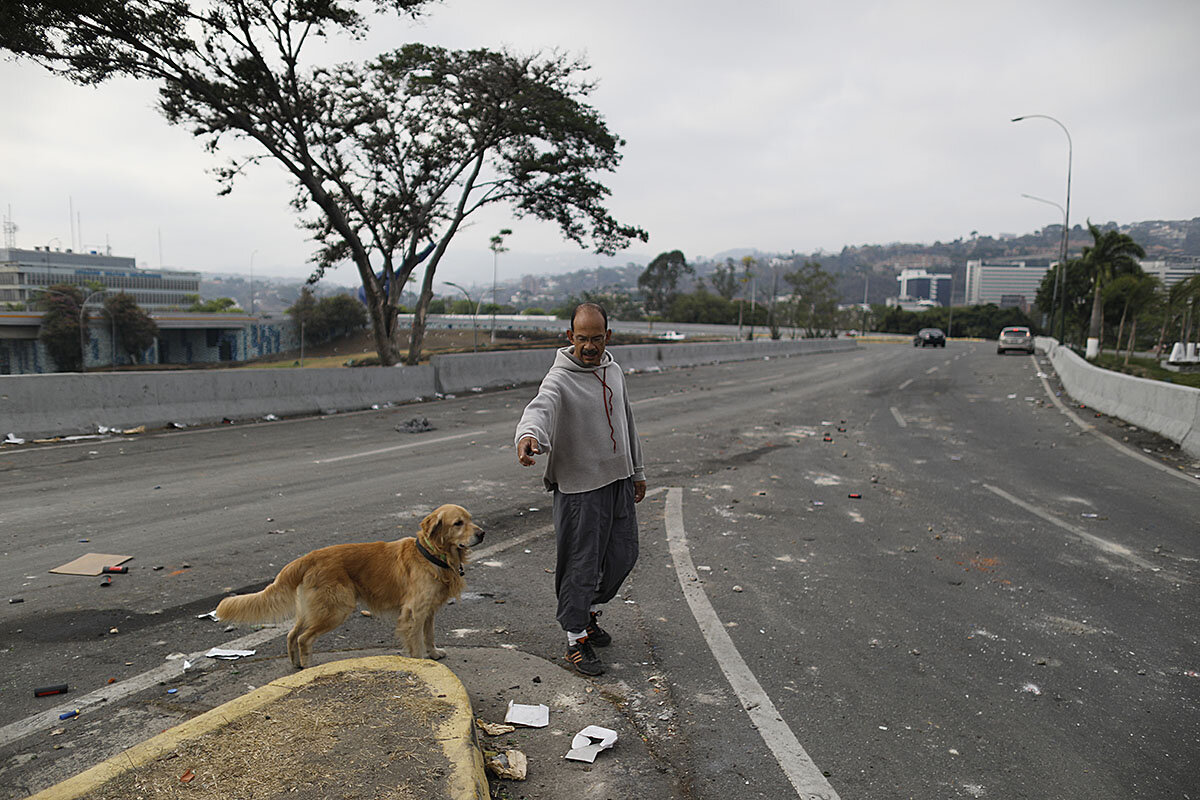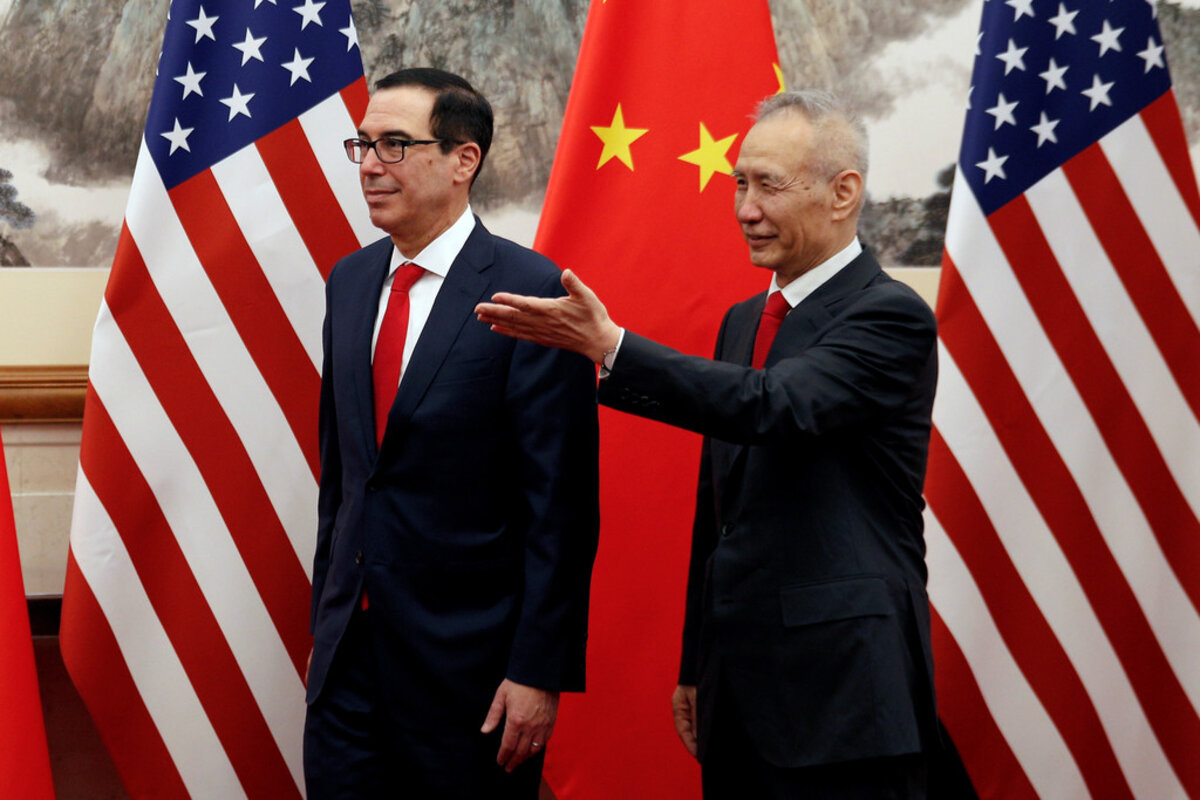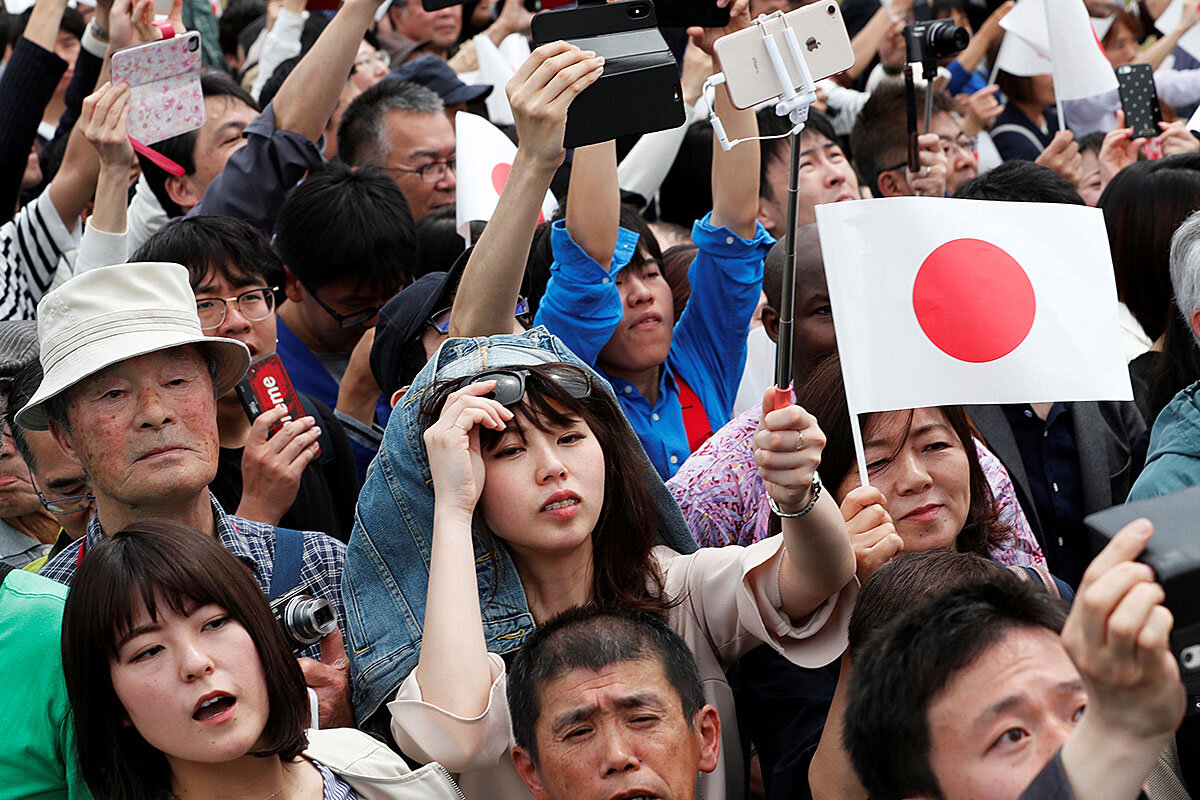Trade talks that began last year between China and the United States may finally be drawing to a close. A large Chinese delegation is due in Washington next week. While the world’s two leading economies have made much progress, a key missing part is any agreement to end Chinese theft of U.S. know-how.
This point was made very clear last week by FBI Director Christopher Wray. He should know. The FBI is in charge of stopping economic espionage in the U.S.
Speaking at the Council on Foreign Relations, Mr. Wray said China has “pioneered a societal approach to stealing innovation in any way it can from a wide array of businesses, universities, and organizations.” The effort includes government spies, state-owned enterprises, private companies, and Chinese students and researchers in the U.S.
“At the FBI we have economic espionage investigations that almost invariably lead back to China in nearly all of our 56 field offices, and they span just about every industry or sector,” he said. The FBI chief charged China with stealing “its way up the ladder” and violating a rules-based world order that is based on fairness, integrity, and rule of law.
His strong words may reflect the frustrations of U.S. negotiators in striking a deal with China. They also reflect recent prosecution of several Chinese nationals and companies on such charges as patent infringement. In 2017, theft of U.S. intellectual property by China was valued at more than $600 billion.
The FBI can do only so much, however, without China itself deciding that it can be as inventive as any other nation in science and technology without stealing ideas. Perhaps it is because China has made some progress to honor and protect the creative works of inventors that it is difficult for negotiators to strike a final deal. China may be asking for time to improve itself.
The best indicator of a shift is an improved system in China for the protection of intellectual property, both for Chinese and foreign companies. Last year, about a quarter of U.S. companies in China reported “insufficient protection” of their copyrights, patents, and trademarks. Still, many foreign firms are now winning more cases in special courts set up in China to deal with intellectual property. And under a ranking of patent systems in 51 countries devised by the University of Liverpool and Copenhagen Business School, China has more than doubled its scores in some categories, such as speed in deciding a case, over the last few years.
China still has far to go. Its patent system is as weak as those in Russia, Indonesia, and Mexico. (The U.S. ranks 15th on the index, behind countries like Japan and Germany.) It is difficult being branded as a global thief. Any final U.S.-China trade deal will need to both recognize China’s progress and speed it along.











